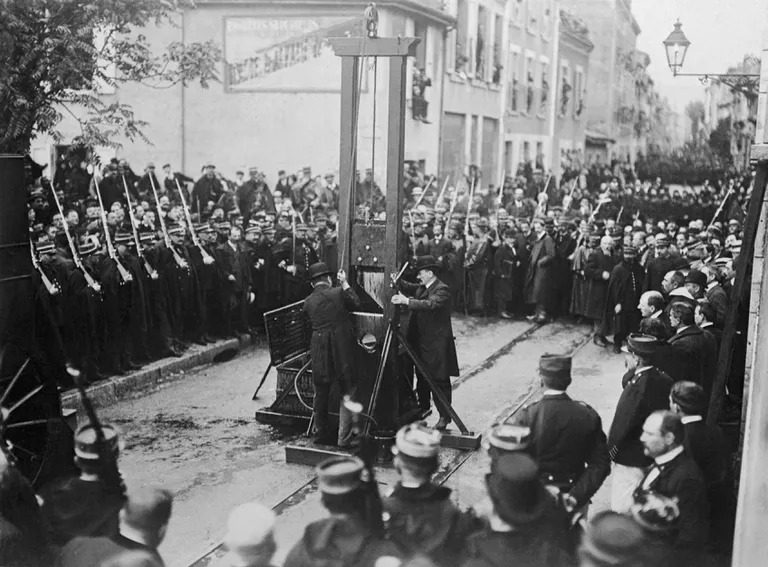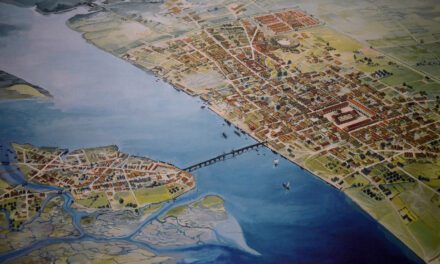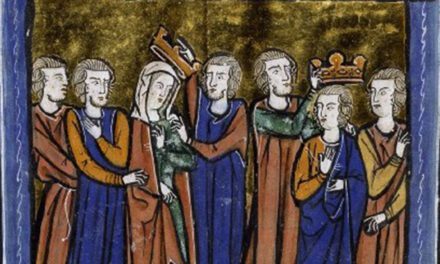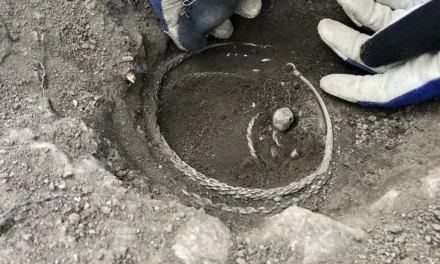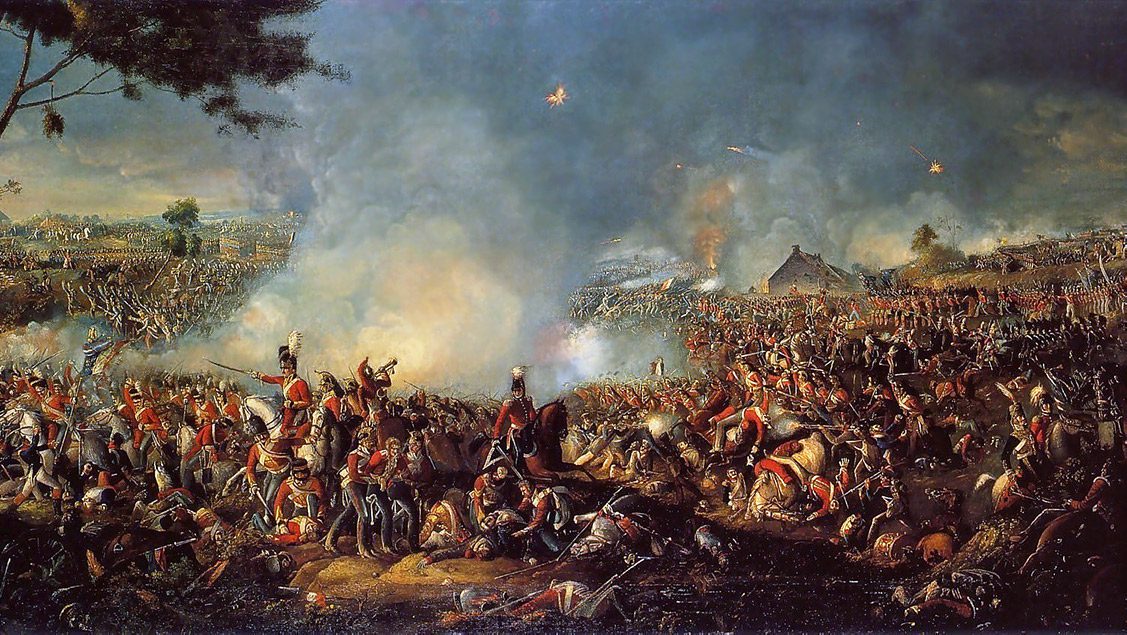History Guild General History Quiz 121
See how your history knowledge stacks up!
Want to know more about any of the questions? Once you’ve finished the quiz click here to learn more.
Have an idea for a question? Suggest it here and we’ll include it in a future quiz!
The stories behind the questions
1. When did France last execute a prisoner by guillotine?
1977 – Hamida Djandoubi, who had been convicted of the murder of Élisabeth Bousquet, was executed by the ‘National Razor’. Djandoubi’s death was the last time any Western nation carried out an execution by beheading, as well as the most recent government-sanctioned guillotine execution in the world. Capital punishment was abolished in France in 1981 following the election of François Mitterrand
2. Who founded both Princeton and Columbia Universities?
King George II – Columbia was originally named Kings college in honour of the monarch. It’s name was changed after American independence.
3. When did a team of Aboriginal Australian cricketers first tour England?
1868 – A team of 13 Aboriginal cricketers from the Western District of Victoria set sail for England to become Australia’s first ever cricket touring party. Reaction was mixed. The Times described the tourists as, “a travesty upon cricketing at Lord’s”, and, “the conquered natives of a convict colony.” The Daily Telegraph said of Australia that, “nothing of interest comes from there except gold nuggets and black cricketers.”
Altogether, the Aboriginal team played 47 matches throughout England over a period of six months, winning 14, losing 14 and drawing 19; a good result that surprised many at the time.
4. Which ocean was Amelia Earhart trying to cross when she disappeared?
Pacific – It is thought that Earhart ran out of fuel while searching for Howland Island, ditched at sea, and died. This was part of her 1937 attempt to fly around the world. Howland Island is half way between Papua New Guinea and Honolulu.
5. The Battle of Spotsylvania was part of which conflict?
US Civil War – This was the second major battle in Lt. Gen. Ulysses S. Grant’s 1864 Overland Campaign of the American Civil War. With almost 32,000 total casualties, Spotsylvania was the costliest battle of the Overland Campaign and one of the top five battles of the Civil War.
It had an inconclusive result, the Confederacy declared victory because they were able to hold their defenses. The Union declared victory because the Federal offensive continued and Lee’s army suffered losses that could not be replaced.
6. Why is Hammurabi considered one of ancient history’s greatest rulers?
He established a code of law by which his empire was governed – Hammurabi was the sixth king of the First Babylonian dynasty of the Amorite tribe, reigning from c. 1792 BC to c. 1750 BC. He wrote the Code of Hammurabi, which is the longest, best-organised, and best-preserved legal text from the ancient Near East.
It contains detailed laws which illustrate the complexity of Babylonian society. For example “If a man has a debt lodged against him, and the storm-god Adad devastates his field or a flood sweeps away the crops, or there is no grain grown in the field due to insufficient water—in that year he will not repay grain to his creditor; he shall suspend performance of his contract and he will not give interest payments for that year.”
7. Who was the first President of Russia after the fall of the USSR?
Boris Yeltsin – Read more about the fall of the USSR in Four days in August: The Soviet Union’s final blow.
8. Which group planned the 1972 Watergate burglary?
CRP – Committee to Re-elect the President – Often mocked by the acronym CREEP, this was officially, a fundraising organization of United States President Richard Nixon’s 1972 re-election campaign during the Watergate scandal. Besides its re-election activities, CRP undertook money laundering and created slush funds. CRP used $500,000 in funds raised to re-elect President Nixon to pay legal expenses for the five Watergate burglars. This act helped turn the burglary into an explosive political scandal.
9. During the 1970 War of Attrition between Israel and Egypt which major power was supporting Egypt?
The USSR – The USSR sent an expeditionary force to support the Egyptians. The Soviet aircraft suffered heavily at the hands of the Israeli aircraft.
10. In medieval English law the offence of ‘Petty Treason’ related to what crime?
A wife killing her husband – Petty treason or petit treason was an offence under the common law of England in which a person killed or otherwise violated the authority of a social superior, other than the king. This common law offence was codified in the Treason Act 1351, which treated petty treason as an aggravated form of murder. It consisted of, a wife killing her husband, or
a servant killing his master or mistress.

